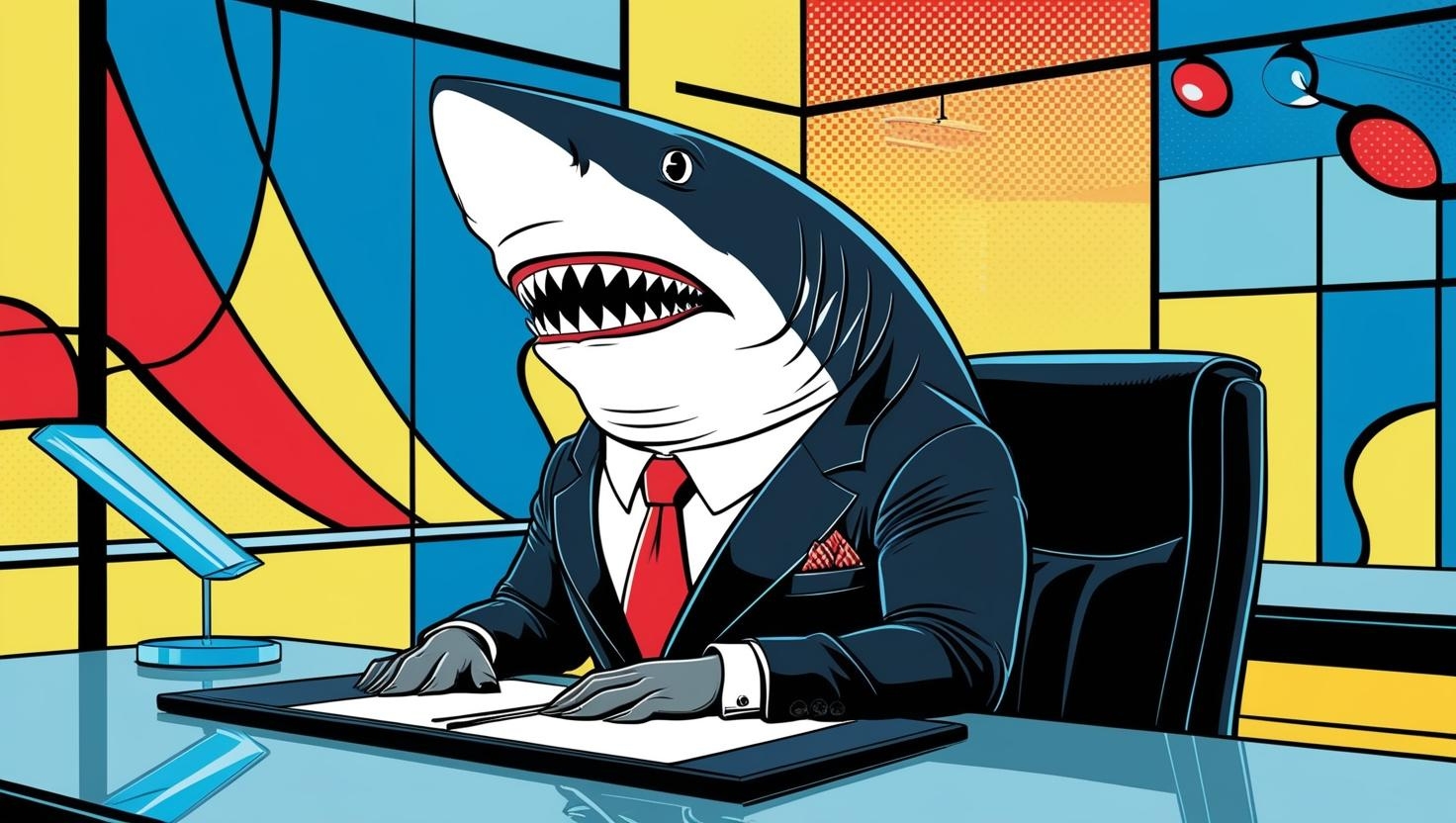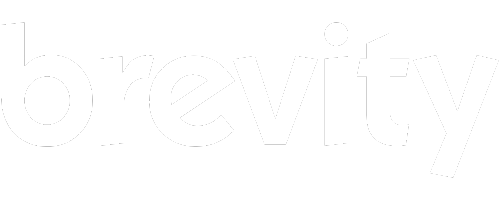
Mercenary or Missionary? Which entrepreneurial style are you?
Businesses come in all shapes and sizes – and so do the management styles of the entrepreneurs who run them…
All of these entrepreneur ‘types’ – and others – can be broadly categorised into two camps –mercenaries and missionaries.
The Mercenary
A business leader who cares only about power and money. Their aim is to capture wealth for themselves and shareholders. Employees are a necessity to achieve their ambitious goals. Looking after employees is not a priority.
The Missionary
Sees business prosperity as an infinite spring with more than enough for everyone to drink. The source of that spring is a unique vision, mission and purpose that every entrepreneur has – and every entrepreneur can use to their advantage.
Mercenary entrepreneurs usually exhibit the following characteristics:
Entrepreneurs with a missionary spirit could be described as:
Which style is better for business?
There’s room in the world for all types of personalities. Life would be boring if we were all the same. But when it comes to business – missionaries are far outpacing mercenaries in the quest for success.
That’s because of one thing – sustainability.
The concept of sustainability isn’t just a new ‘woke’ word. There’s a strong business case for ethical capitalism, based on the increasing influence of mindful consumerism. One study found sustainable brands grew at 91% over three-year period, compared to 15% average company growth.
Sustainable marketing links economy, environment, and humankind – more commonly known as the three pillars of sustainability: People, Planet and Profit. It serves as a powerful way for businesses to gain advantage over their competitors (including recruitment as well as sales), enhance their reputation in a more ethically minded market, and save cost by adopting more energy-efficient, lower waste processes.
The focus of the mercenary is ‘right here, right now’ – so it simply won’t future proof their business. Missionaries consider the environmental and social impact of their operations. The outcome is that their business thrives – and so does the world around them, today and tomorrow.
